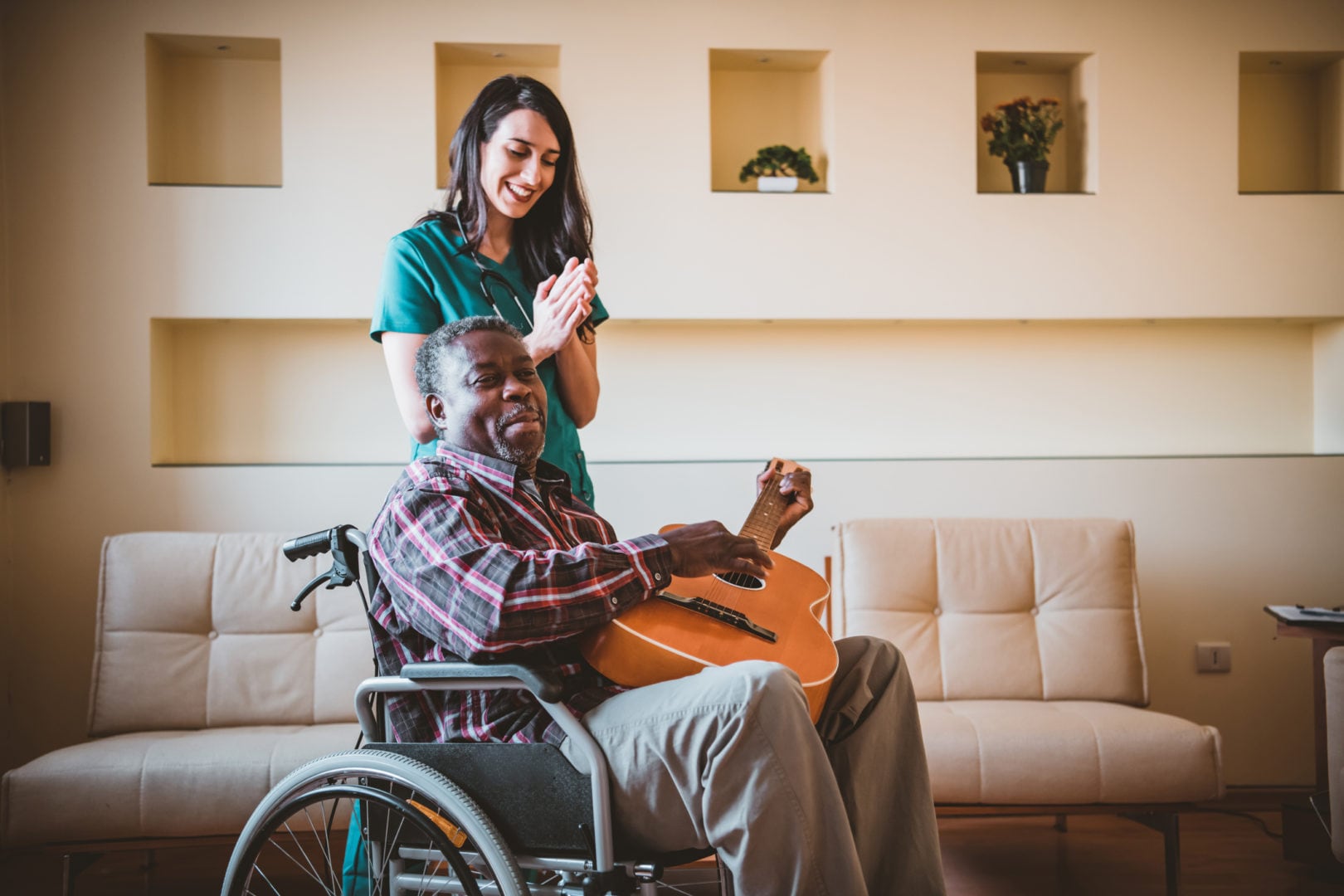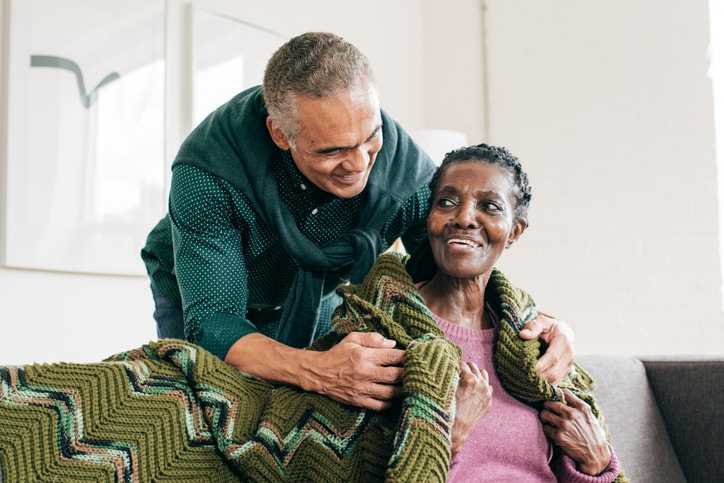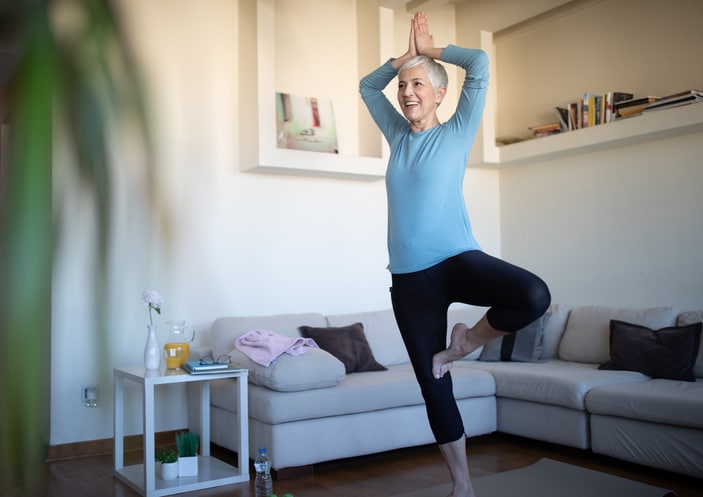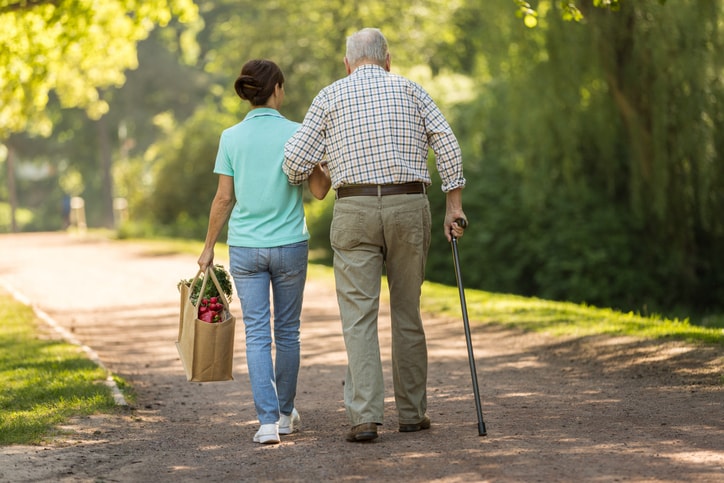My grandmother lived to be 101. In her last few years, she developed very close relationships with her professional in-home caregivers to such an extent that I believe these women became her most important confidantes. I noticed the relationships she formed with them were less complicated than those she had with her daughters — with her caregivers, there weren’t decades of emotional baggage getting in the way of providing her with care. Two of my grandmothers’ caregivers became very close with our whole family, attending Thanksgiving dinners and Passover seders at her house with us.
And my grandmother wasn’t alone. Among many examples is the hit murder mystery film “Knives Out,” in which the senior-caregiver relationship was an important plot point. In the film, one of the main characters, an elderly writer, prefers to spend time with his young caregiver than with his money-hungry children and grandchildren.
As a Canadian Journal on Aging study found, “Seniors valued emotional connectedness with their providers. Building and maintaining bonds was perceived and pursued by seniors as a fundamental component of relationship building.”
Why professional caregivers may bond so easily
San Francisco-based psychologist Tamara McClintock Greenberg, PsyD, author of “When Someone You Love Has a Chronic Illness,” discusses how people who don’t have good relationships with their adult children sometimes seek a close relationship with caregivers: “Non-family caregivers can be viewed by elders as a ‘second chance’ to mentor a younger caregiver and be a good ‘parent.’ Such interactions can be healing for elders who may feel that they don’t have the kinds of relationships they would like with their own adult children.”
“Non-family caregivers can be viewed by elders as a ‘second chance’ to mentor a younger caregiver and be a good ‘parent.’”
— TAMARA MCCLINTOCK GREENBERG, PSYCHOLOGIST
Family caregivers often find it hard to care for their aging parents, Greenberg adds: “Just seeing our parents need our help can create a variety of distressing feelings, as the parent-child role is reversed. Non-family caregivers don’t usually have these inevitable feelings to sort out.”
On this topic, Laurel Purghart, a Vancouver-based care designer with Nurse Next Door, says, “Sometimes there’s a bit of ego involved because the relationship changes when you have to look after your parents…That’s where [professional] caregiving takes the pressure off — it’s that sweet spot of companionship and physical care.”
Karl Beaucamp, a caregiver with Right At Home, where he was recently named Northeast Regional Caregiver of the Year, says, “I think the bond helps caregivers be better at what they do, because the more compassion you have for someone, the more you want to help them.”
How to bond more deeply with clients
Keep it upbeat
Beaucamp advises fellow caregivers: “Always arrive with a positive attitude. You have to leave any problems you may be going through at the door. It makes the client more comfortable.”
Be an avid listener
Dee Pinnone, a senior caregiver from Leesburg, Florida, stresses the importance of being a good listener: “I feel that the geriatric population generally enjoys discussing ‘the good old days’ and I love a good story. Looking at old photos and hearing the stories behind them are a great way to form a connection. Clients may freely discuss their history without fear of being judged because it’s being told to a new set of ears.”
Engage seniors with personalized activities
Pinnone also formed bonds with a 95-year-old client by being proactive about activities: “When she was younger [she] never went to the movies. When I discovered this I started going to the local library and renting old classic movies to watch every evening after dinner.” Indeed, Marika Svec, another care designer with Nurse Next Door from Vancouver, stated, “Companionship is a huge part of what we do and that’s how we build such strong relationships with our clients.”
Purghart echoes this suggestion saying that caregivers can learn about their clients’ hobbies and interests in order to plan activities around those things. She adds, “Building relationships encourages independence, which has a positive impact on overall happiness.”
“Companionship is a huge part of what we do and that’s how we build such strong relationships with our clients.”
— MARIKA SVEC, CARE DESIGNER WITH NURSE NEXT DOOR
Empathize with life circumstances
Seniors Helping Seniors caregiver Harry Cohm spoke about the ways empathizing with seniors about their health problems can establish a bond: “My wife was diagnosed with dementia in 2013 and had hip surgery that went wrong. I had open heart surgery 11 years ago, so in many ways my experience has helped me to empathize with patients. I talk to patients before surgery to make them feel comfortable because I know what they’re going through and have been in their shoes.”
Respect their autonomy
Greenberg also stresses the importance of the senior retaining a sense of autonomy: “Allow the senior to have as much control as possible. Needing a caregiver can feel infantilizing. Respect physical privacy as much as possible. For example, if it’s possible not to hover over a senior during activities of daily living while still maintaining safety, consider that as a way to preserve privacy and dignity.”






